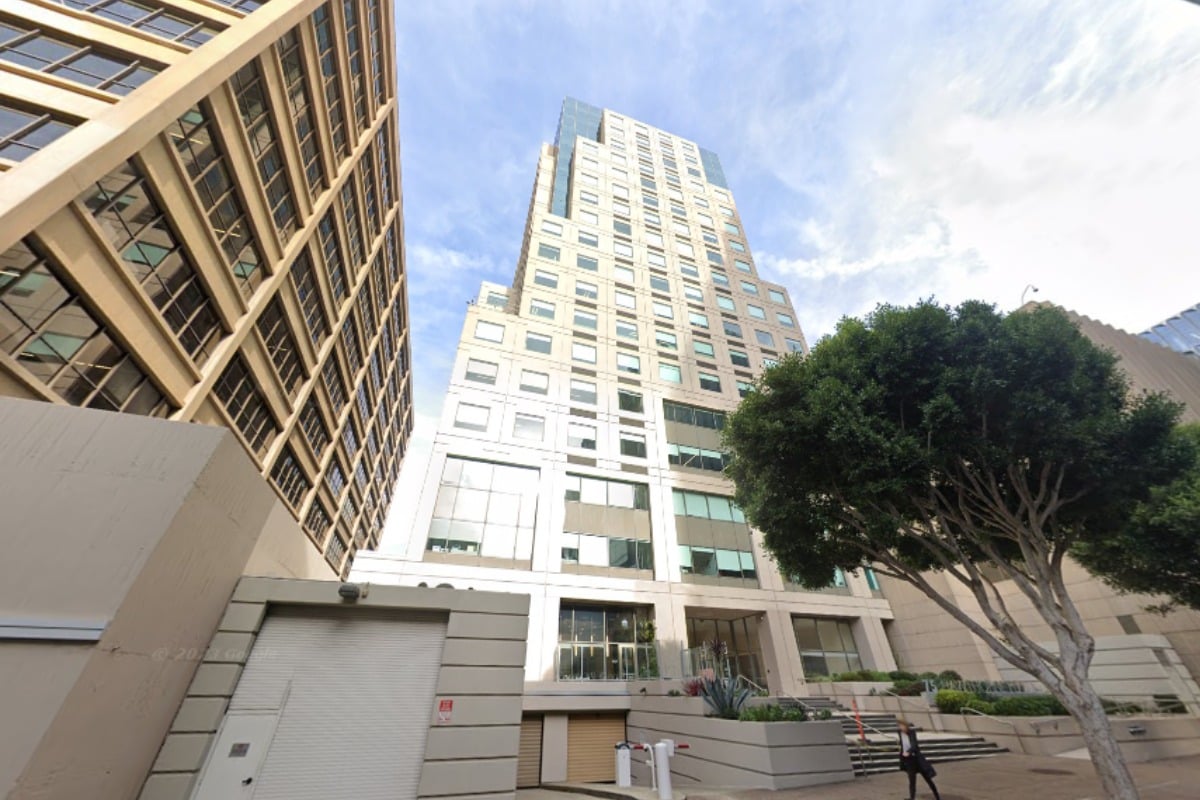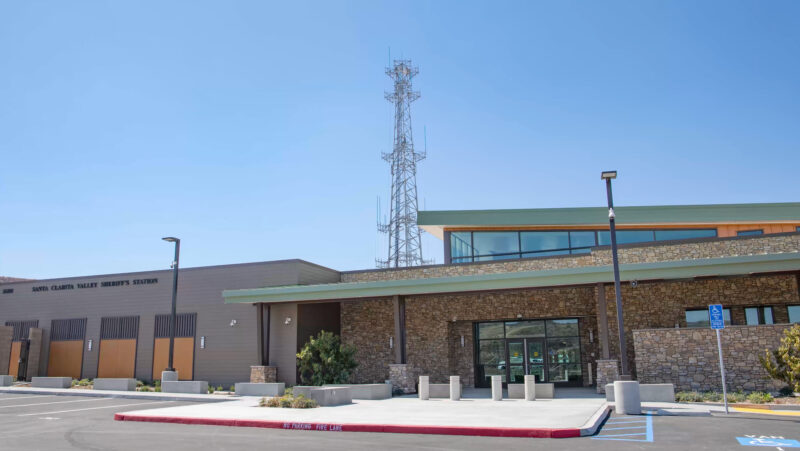UPDATE: The University of California Board of Regents has just confirmed a controversial tuition plan that permits annual tuition increases of up to 5%, despite intense protests from students across California. This decision, made during a heated meeting at UCLA on Wednesday, will impact over 35,000 students at UC campuses statewide.
The board’s approval of the “tuition stability” program means that while tuition rates will be locked in for incoming students for up to six years, new students will face rising costs each year. For example, in-state tuition has already surged to $14,934 this fall, up from $12,570 in 2021. Out-of-state tuition now stands at a staggering $50,328.
This decision comes amidst vocal opposition from students, who disrupted the regents’ meeting with chants demanding fairer treatment. “Students should not be fighting for our lives,” stated Diego Emilio Bollo, president of the undergraduate student association at UCLA, during a rally held outside. Bollo urged UC officials to seek additional funding from the state Legislature and federal sources instead of relying on students to fill budget gaps.
In a significant shift, the UC Regents also voted to decrease the percentage of tuition revenue allocated to financial aid from 45% to 40%. This change raises concerns about access to higher education for low-income students who may struggle with the increased financial burden.
The “tuition stability” plan was initially approved in 2021 and took effect in 2022, with the aim of providing students and their families with predictable tuition costs throughout their college experience. However, the possibility of annual increases means that each new cohort of students will inevitably pay more than their predecessors.
As protests unfold and the decision faces backlash, the ramifications of the UC Regents’ vote are likely to resonate throughout the state, affecting future enrollment and accessibility to the UC system.
What’s Next: Students and advocacy groups are expected to continue their protests and may seek further dialogue with UC officials regarding funding strategies. The urgency of the situation calls for immediate attention from lawmakers and educational leaders to address these financial challenges impacting a generation of students.
Stay tuned for more updates as this story develops.







